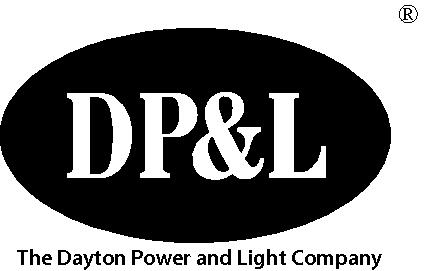(3) To the extent that a director, trustee, officer, employee, member, manager, or agent has been successful on the merits or otherwise in defense of any action, suit, or proceeding referred to in division (E)(1) or (2) of this section, or in defense of any claim, issue, or matter in the action, suit, or proceeding, the person shall be indemnified against expenses, including attorney’s fees, actually and reasonably incurred by the person in connection with the action, suit, or proceeding.
(4) Any indemnification under division (E)(1) or (2) of this section, unless ordered by a court, shall be made by the corporation only as authorized in the specific case, upon a determination that indemnification of the director, trustee, officer, employee, member, manager, or agent is proper in the circumstances because he has met the applicable standard of conduct set forth in division (E)(1) or (2) of this section. Such determination shall be made as follows:
(a) By a majority vote of a quorum consisting of directors of the indemnifying corporation who were not and are not parties to or threatened with the action, suit, or proceeding referred to in division (E)(1) or (2) of this section;
(b) If the quorum described in division (E)(4)(a) of this section is not obtainable or if a majority vote of a quorum of disinterested directors so directs, in a written opinion by independent legal counsel other than an attorney, or a firm having associated with it an attorney, who has been retained by or who has performed services for the corporation or any person to be indemnified within the past five years;
(c) By the shareholders;
(d) By the court of common pleas or the court in which the action, suit, or proceeding referred to in division (E)(1) or (2) of this section was brought.
Any determination made by the disinterested directors under division (E)(4)(a) or by independent legal counsel under division (E)(4)(b) of this section shall be promptly communicated to the person who threatened or brought the action or suit by or in the right of the corporation under division (E)(2) of this section, and, within ten days after receipt of that notification, the person shall have the right to petition the court of common pleas or the court in which the action or suit was brought to review the reasonableness of that determination.
(5) (a) Unless at the time of a director’s act or omission that is the subject of an action, suit, or proceeding referred to in division (E)(1) or (2) of this section, the articles or the regulations of a corporation state, by specific reference to this division, that the provisions of this division do not apply to the corporation and unless the only liability asserted against a director in an action, suit, or proceeding referred to in division (E)(1) or (2) of this section is pursuant to section 1701.95 of the Revised Code, expenses, including attorney’s fees, incurred by a director in defending the action, suit, or proceeding shall be paid by the corporation as they are incurred, in advance of the final disposition of the action, suit, or proceeding, upon receipt of an undertaking by or on behalf of the director in which the director agrees to do both of the following:
(i) Repay that amount if it is proved by clear and convincing evidence in a court of competent jurisdiction that the director’s action or failure to act involved an act or omission undertaken with deliberate intent to cause injury to the corporation or undertaken with reckless disregard for the best interests of the corporation;
(ii) Reasonably cooperate with the corporation concerning the action, suit, or proceeding.
(b) Expenses, including attorney’s fees, incurred by a director, trustee, officer, employee, member, manager, or agent in defending any action, suit, or proceeding referred to in division (E)(1) or (2) of this section, may be paid by the corporation as they are incurred, in advance of the final disposition of the action, suit, or proceeding, as authorized by the directors in the specific case, upon receipt of an undertaking by or on behalf of the director, trustee, officer, employee, member, manager, or agent to repay that amount, if it ultimately is determined that the person is not entitled to be indemnified by the corporation.
(6) The indemnification or advancement of expenses authorized by this section shall not be exclusive of, and shall be in addition to, any other rights granted to those seeking indemnification or advancement of expenses under the articles, the regulations, any agreement, a vote of shareholders or disinterested directors,
